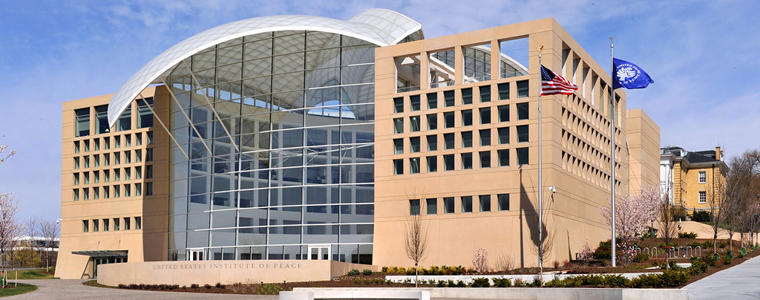Religion, Violence, and Coexistence
An Event Marking International Religious Freedom Day
On October 22, 2012, the U.S. Institute of Peace (USIP) hosted a panel discussion about civil society’s role in preventing and addressing provocative statements of religious bias and violent responses to it.

The Internet release of a trailer for the anti-Islam film "The Innocence of Muslims" recently sparked protests around the world, some of which turned violent. These events serve as a stark reminder of the relationship between freedom of expression, religious coexistence, religious freedom, violence and security.
On October 22, 2012, the U.S. Institute of Peace (USIP) hosted a panel discussion about civil society’s role in preventing and addressing provocative statements of religious bias and violent responses to it. The panelists discussed the complementarities and tensions between the freedoms of expression and religion, use of the media in fomenting religious discrimination, and how to work with the media to promote respect for all religious traditions. The conversation focused on how these issues are playing out in the context of political transitions occurring throughout the Middle East and North Africa, and the way in which civil society and the U.S. government can collaborate constructively to advance peaceful religious coexistence, freedom, and security.
This public discussion was co-sponsored with the Office of International Religious Freedom at the U.S. Department of State.
Speakers
- Suzan Johnson Cook
Ambassador at Large
Religious Freedom - Hoda Elshishtawy
Muslim Public Affairs Council
Washington, D.C. Office - Marc Gopin
Director of the Center for World Religions, Diplomacy, and Conflict
George Mason University - Manal Omar
Director of Iraq, Iran and North Africa Programs
U.S. Institute of Peace - Susan Hayward, Moderator
Senior Program Officer
U.S. Institute of Peace



